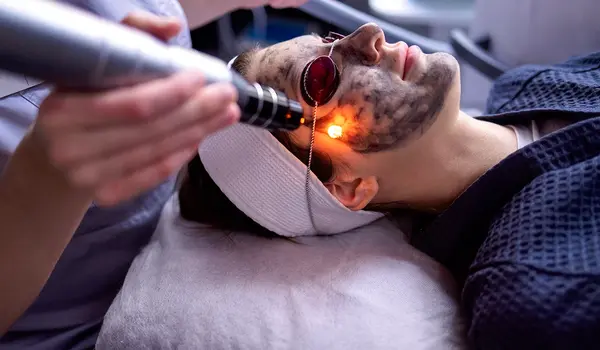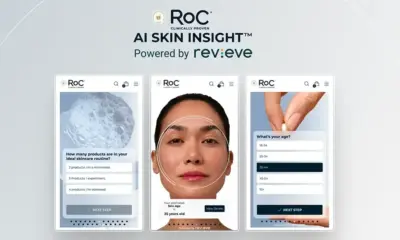Research & Trends
Researchers Urge Study on Laser Effects on Skin Microbiome

Understanding the Laser Impact on Microbiome in Skincare
Laser treatments revolutionized esthetic dermatology by addressing acne scars, pigmentation, and laxity. However, their effect on skin microbiota remains unclear.
This growing concern urges researchers and dermatologists to investigate how these treatments influence the skin’s microbial environment and overall skin health.
Exploring the Connection Between Lasers and Microbial Balance
Lasers offer precision in targeting skin concerns. Yet, they may unintentionally disrupt the skin’s delicate microbiome ecosystem through several mechanisms.
Ablative lasers remove the outer skin layer and expose deeper tissue, possibly allowing pathogens to penetrate and thrive quickly.
Non-ablative lasers act more gently but still shift microbial habitats, which may lead to subtle but significant microbiota disturbances.
Moreover, fractional lasers produce micro-injuries, promoting faster healing but possibly altering local microbial colonies in unexpected ways.
Interestingly, studies suggest laser treatments affect not only bacteria but also skin phages that respond to temperature changes and inflammation.
This broad laser impact on microbiome suggests a vital need for skincare protocols that prioritize microbial preservation and recovery.
Why Laser Impact on Microbiome Deserves Urgent Attention
Inflammation caused by lasers may worsen conditions like rosacea, where dysbiosis already complicates recovery and skin health outcomes.
Additionally, post-laser changes in hydration can favor some microbial species over others, disrupting natural microbial diversity on the skin.
Although the skin tends to restore its microbiome over time, repeated treatments may delay this process or permanently shift microbial balance.
Therefore, dermatologists must develop microbiome-conscious strategies to support safer and more sustainable skin renewal treatments.
Advancing Microbiome-Friendly Laser Therapies
Researchers now recommend skincare approaches that maintain microbial balance before, during, and after laser treatment sessions.
Probiotic or postbiotic skincare products can help replenish beneficial bacteria and support a healthier recovery phase.
Tailored treatments based on microbiome testing could significantly lower the risk of dysbiosis or post-laser skin infections.
Furthermore, combining lasers with LED therapies may minimize inflammation and reduce potential laser impact on microbiome damage.
Post-treatment care should involve ceramide-rich moisturizers and barrier-supporting products to shield and repair the skin surface.
Equally important, harsh alcohol-based products must be avoided to prevent disruption of the skin’s microbiome and natural oils.
The Future of Microbiome-Conscious Skincare
Haykal and Rocha call for deeper research into the microbiome’s role in esthetic treatments and patient-specific dermatological solutions.
With AI tools and microbiome sequencing, future treatments may provide personalized care while protecting microbial balance and skin health.
Ultimately, recognizing the laser impact on microbiome helps practitioners deliver results that go beyond appearance, promoting skin harmony.
Explore More
Stay informed about skincare science and innovations that protect your skin’s microbiome. Explore more news on this website.




















